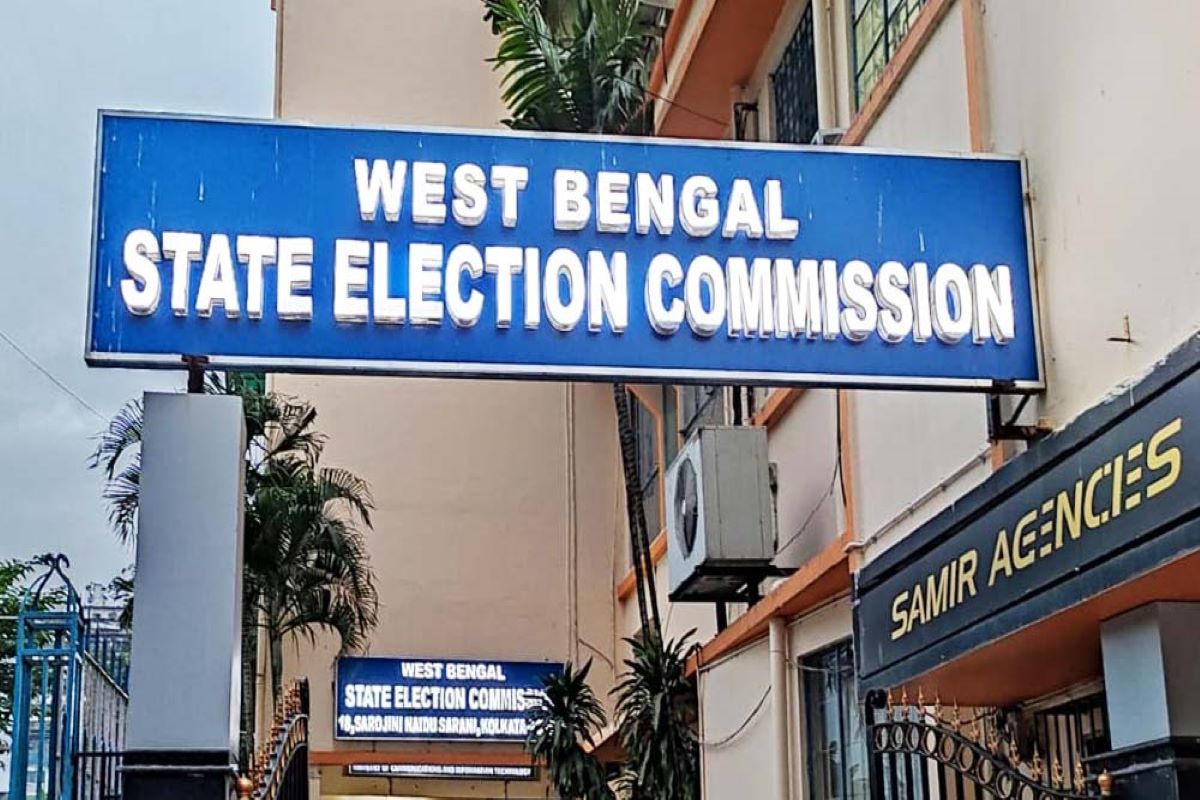The secretary, State Election Commission (SEC) has set guidelines to make general rural polls eco-friendly and directed all district panchayat election officers to communicate it to all candidates and political parties.
The secretary issued the order on 1 July 2023.
According to guidelines of the SEC, all candidates and political parties should take adequate measures to not use plastic as campaigning materials like posters banners during the election in the interest of human health and environment.
The SEC has also said the disposal of campaign materials should be done by the candidates as well as political parties within three days after the poll.
The Commission also urged alternate options to use plastic material like compostable plastic, natural fabrics, recycle paper material needs to be promoted as a sustainable and environmentally sound.
Notably, Sabuj Mancha, a platform of organisations working to protect environment, has approached the SEC on this issue recently. Following the SEC order, Sabuj Mancha, has especially approached the political parties in the Darjeeling and Kalimpong Hills to bring the environment issues during their poll campaigning.
In a letter to political party leaders in the Hills, Vice President of Sabuj Mancha, Animesh Bose said: “Sabuj Mancha, as such, does not take part as contestants in elections. Still, this time, we have been involved in a campaign, published a manifesto and requested all the voters and the contestant parties to give priority to the environmental issues because these are related to the health and livelihood of all the people.”
“We have highlighted the following environmental issues concerning the Hills – solid and liquid waste management, implementation of rules on disposable plastics, reduction of plastic waste, climate change and disaster management, indiscriminate construction, blocking of the jhoras and the streams, stone quarries and dust pollution, rampant use of chemical fertilizers and pesticides in tea gardens and agriculture, destruction of forests, conservation of biodiversity, restriction of unscrupulous tourism, expansion of green technology, public health issues etc,” Bose added.
“We are also raising the issue of scope of people’s participation at the Gram Sansad level where planning and decisions are taken,” he added.












